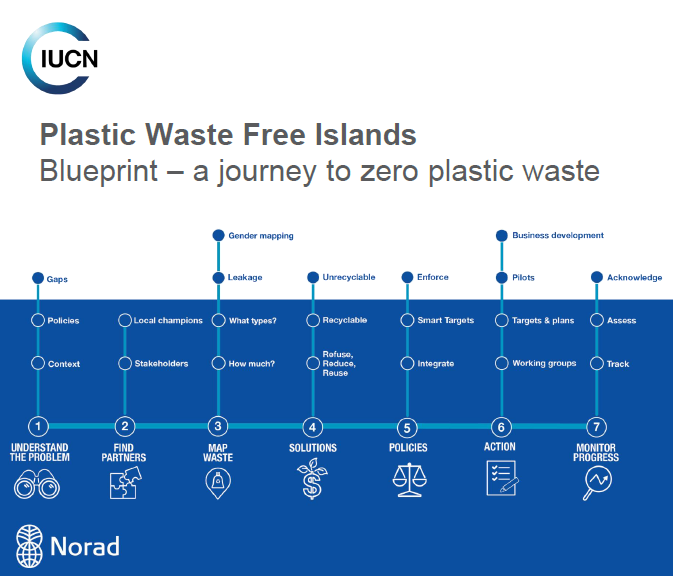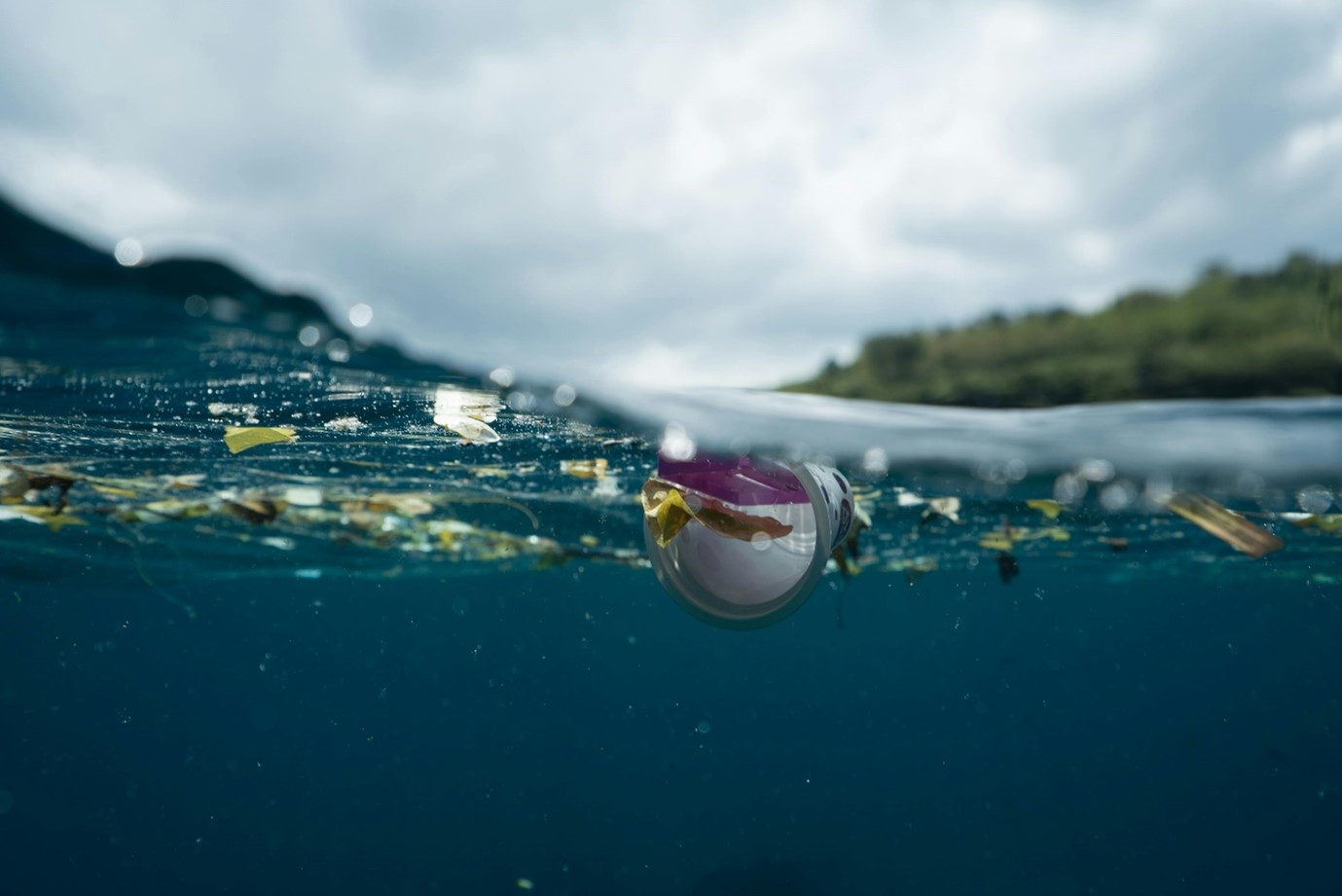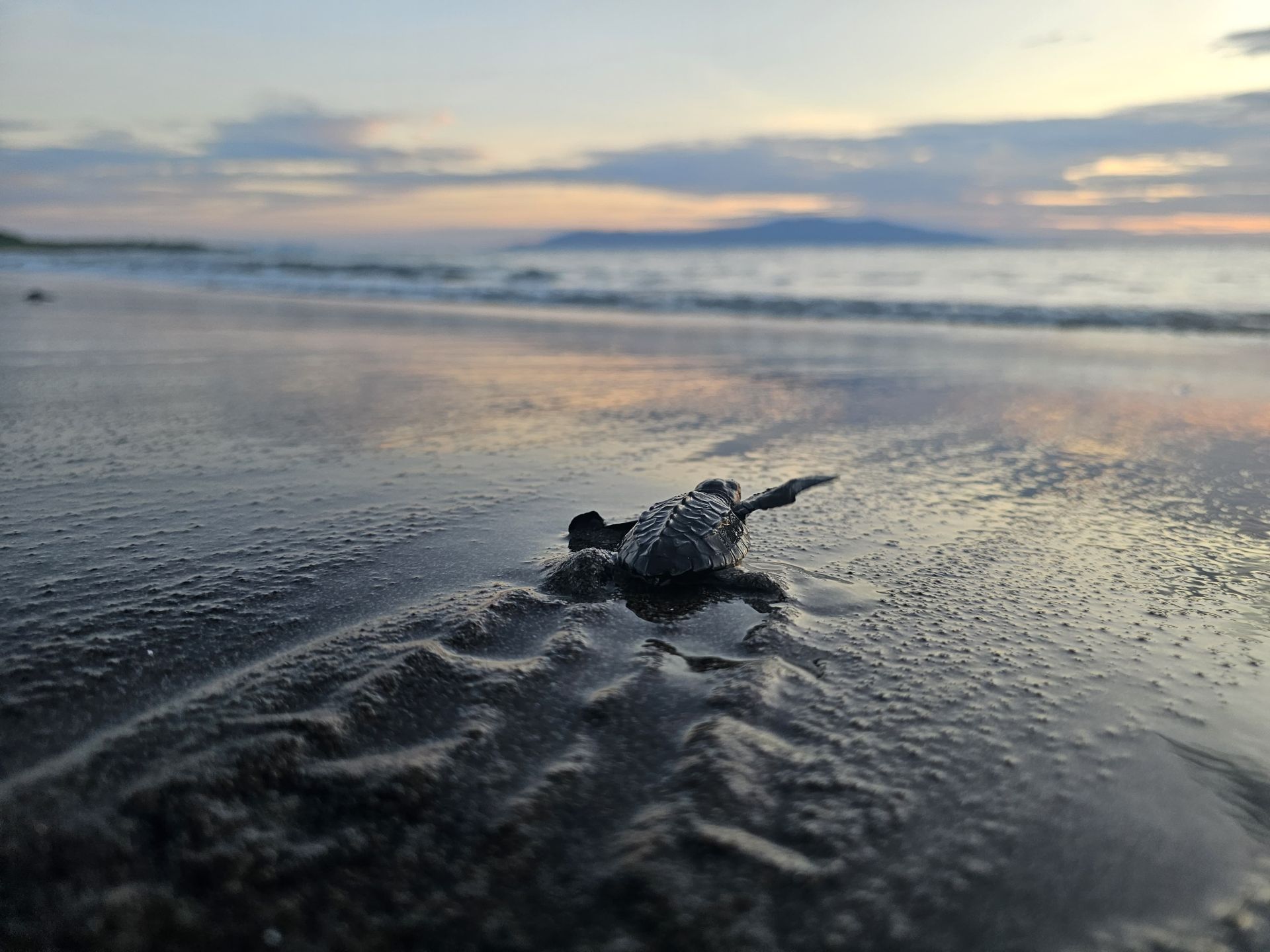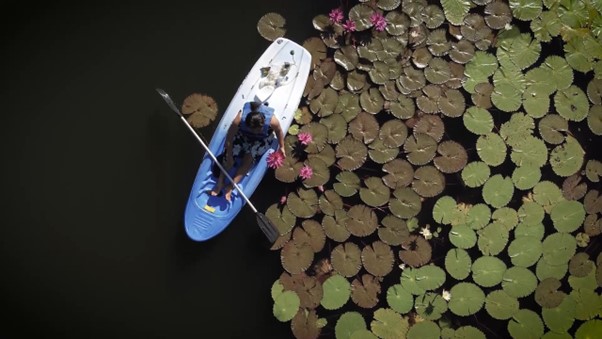Blueprint to Zero Plastic Waste: a complete do-it-yourself guide to reducing plastic waste on any island in the world
Our relationship with plastic needs rethinking: Plastic pollution is detrimental to our oceanic ecosystems and the livelihoods and economies depending on it. To address these challenges, there are several options and methodologies that have been shown to work well but bringing them together with a holistic approach was needed. Addressing this need, IUCN, with Searious Business, developed a complete do-it-yourself guide to reducing plastic waste on any island anywhere in the world – a Blueprint to Zero Plastic Waste – to guide the way forward.
Available below in English, French, Portuguese, and Spanish.
Many large ocean states, particularly, are import-dependent without adequate waste management systems. As a result, large volumes of plastic arrive on islands with nowhere to go. With vulnerable economies that depend primarily on tourism and fisheries, islands have to deal with the plastic waste they generate themselves and plastic debris that washes ashore from other places. By sharing best practices among all practitioners and stakeholders, we can work together to prevent the environmental and social impact caused by plastic pollution and unlock new business opportunities.
“The Blueprint gives a solid step-by-step overview of how to avoid plastic pollution. Having a duplicable model greatly supports remote areas all over the world.”
- Ms. Willemijn Peeters, CEO & Founder, Searious Business
Who is this Blueprint for?
All organizations, citizens and politicians. Working together and sharing information and results is the key to solving a problem that affects us all. We all depend on the same ocean, and only together can we develop and adopt creative solutions to protect our ocean and our livelihoods from plastic pollution.
How to use this document
This document will guide you on a journey from the status quo to a Plastic Waste Free Island with 7 main stops along the way. Each stop details actions to take, and spread, to speed up change. You can use it to find existing upstream and downstream solutions. Or it can be used to inform future developments and investments.
About IUCN’s plastics work
Our relationship with plastic needs rethinking. Plastics are versatile materials, but the way they are used is wasteful. To change this, IUCN provides science-based expertise, evidence, and recommendations to implement circular economic models including policy reviews and economic research to guide policy makers. The activities include drafting and improving legislation related to recyclability, waste management, domestic materials recovery facilities, product composition, biodegradability, and prevention of import/export of specific wastes that will support the prevention of plastic pollution. The aim of innovative legislation and policies is to keep plastic in the system and reduce reliance on linear models where plastic is directly disposed of in landfills and the environment.
To download the Blueprint, please do so here. (English)
O projecto está também disponível em português aqui. (Portuguese)
Plan maestro para un viaje hacia cero residuos plásticos (Spanish)
Plan directeur pour un voyage vers zéro déchet plastique (French)
Links for more information
IUCN Plastics
Searious Business




